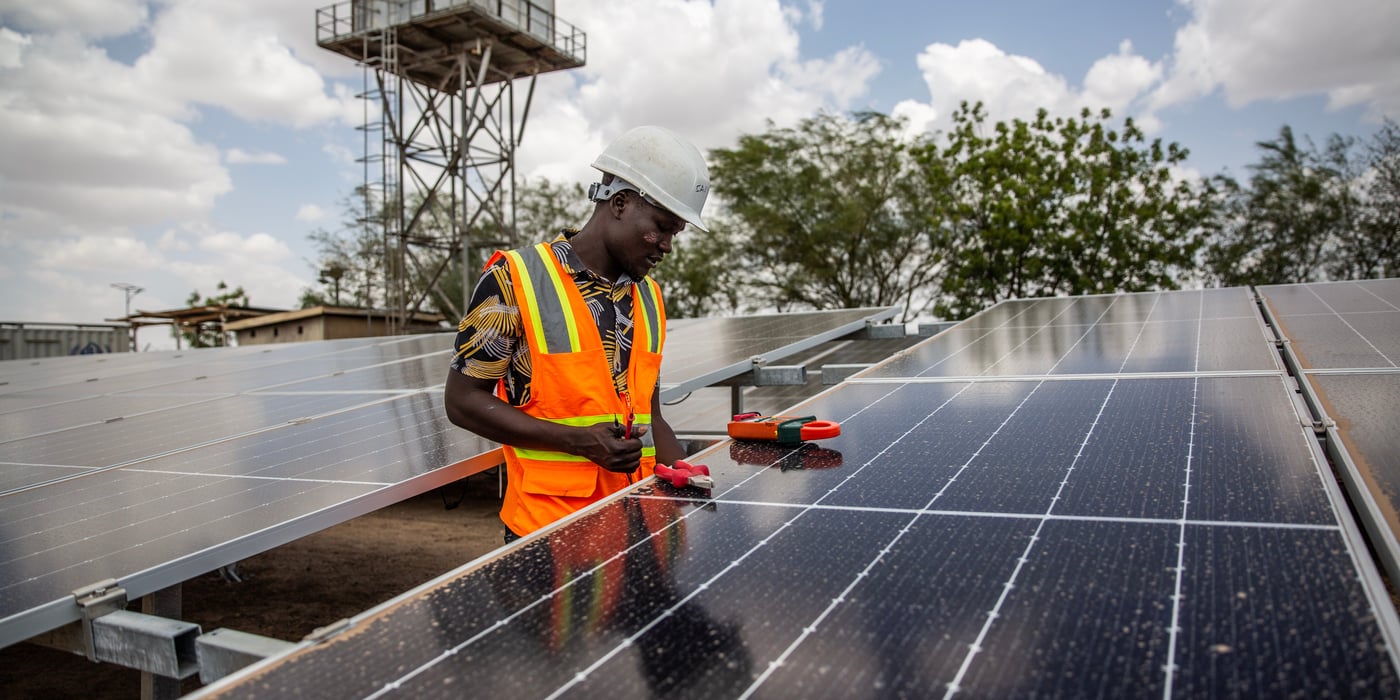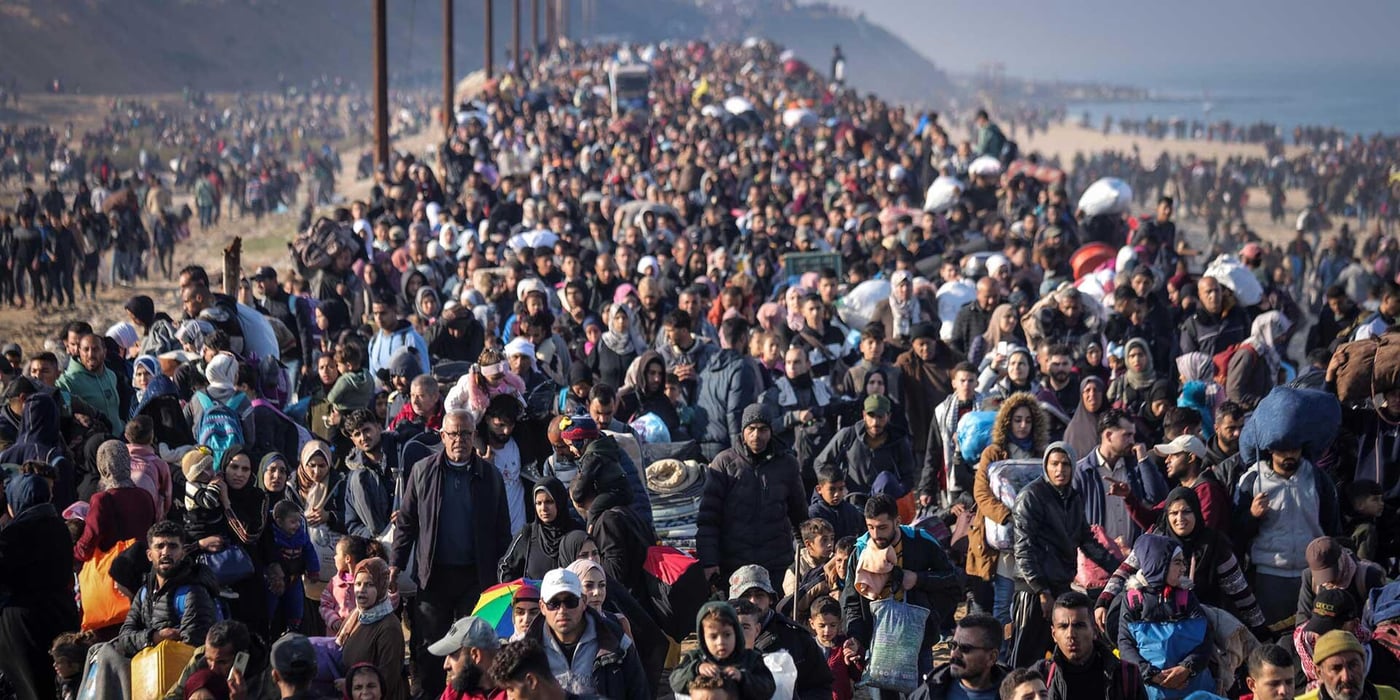
The fund will mix grants and loans from private investors and institutional donors, along with resources from NRC’s own reserves. NRC’s solarisation programme will be the fund’s first focus area, providing loans to country offices to finance the replacement of diesel generators with solar technology.
“We have to become greener,” says Jan Egeland, NRC’s Secretary General. “We want to not only mitigate the consequences of climate change, but also do our bit to reduce the emission of greenhouse gases that leads to climate change in the first place.”
Most crises last at least half-decade or more, and the use of diesel generators is costly and leads to a large carbon footprint of humanitarian operations. Generators also depend on supply chains which can be unreliable, particularly in remote areas. The shift from diesel to solar power ensures reliability and affordability, while minimizing the environmental impact of the humanitarian response.
NRC has already solarised facilities in Niger and Burkina Faso with support from the German Federal Foreign Office and in Sudan through an internal funding mechanism.
“Solar power though coming with a high capital cost at setup, is cheaper, reliable and more sustainable in the long run compared to thermal generators,” says Eibrahim Wanjohi Njau, NRC’s Head of Support in Sudan.
The humanitarian system was designed to respond to emergencies, the funding is short-term and earmarked for specific activities which means it cannot easily be used for initiatives requiring longer-term capital. NRC Capital fund is created to bridge the gap between short-term funding and longer-term needs. Legally held by NRC Norway, the fund blends grants and loans from private sector and institutional donors, along with NRC’s own resources. NRC Country Offices will repay their loans through existing internal financing mechanisms linked to traditional short-term donor funding.
“We need to be smarter in how we spend aid money to help people. The NRC Capital Fund helps improve humanitarian outcomes as well as tackling climate change. It represents a low-risk investment opportunity for organisations wanting to make a difference in high-risk contexts,” says Sean Nicholson, NRC’s Executive Director of External Relation.
NRC launched the Fund in November with an initial pipeline of pilot countries: Afghanistan, Ethiopia, South Sudan, Central African Republic, Mali, and Cameroon. As part of the solarisation programme, NRC plans to transition to clean energy use at around 250 sites. Going forward, the Fund plans to broaden its focus to further improve the sustainability of our humanitarian operations.
Facts and figures:
- Initial capital requirement for the fund is USD 12 million.
- NRC has committed 10% to kickstart the fund.
- NRC has installed solar power at 11 sites in Sudan in 2022.
If you are interested in contributing to the fund, please contact:
- NRC Corporate partnerships team: Corporate@nrc.no
For media requests, please contact:
- Media contact, Ingrid Bechmann: ingrid.bechmann@nrc.no
- NRC global media hotline: media@nrc.no, +47 905 62329



